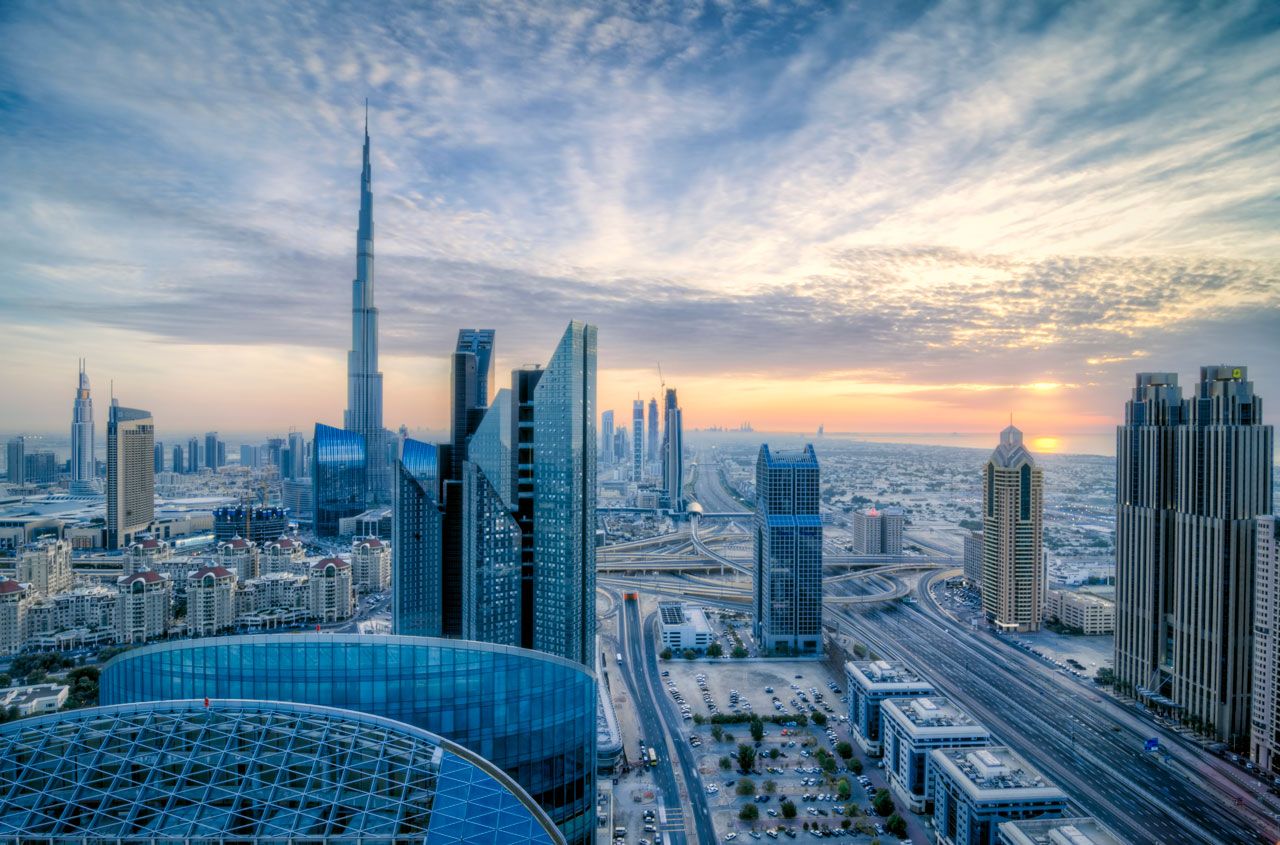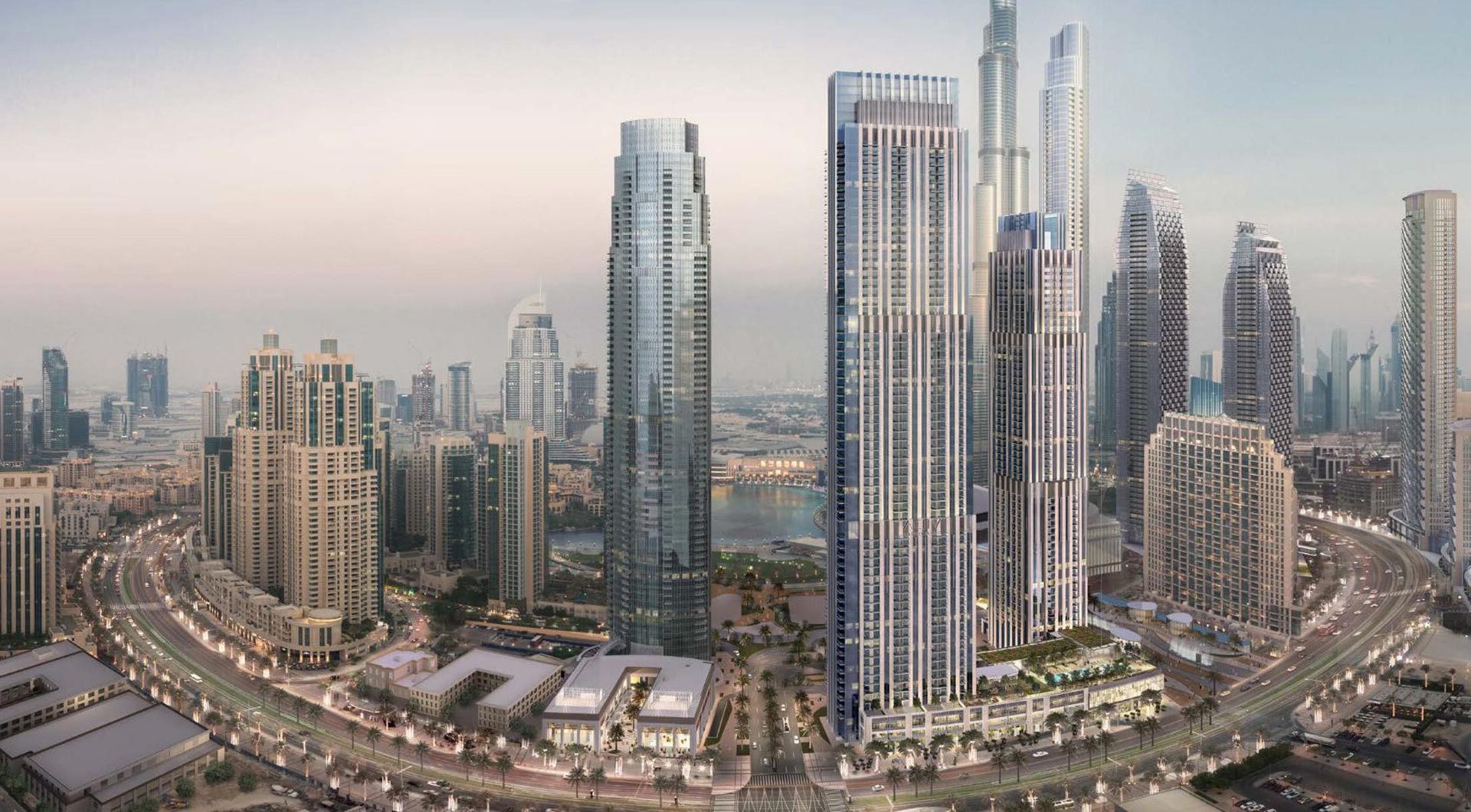Top questions about property in Dubai

When buying either private or investment property in Dubai, you might feel a bit lost in the foreign legislative system and procedures, especially as a first-timer. In this article, we have collected the most common questions to help you better understand the local real estate market.
Property Acquisition and Rental
Below you will find out about the term of property ownership in Dubai, what taxes you have to pay and more.
Are there any restrictions on foreigners when buying housing?
Foreign nationals in Dubai can buy property in freehold areas without limitations. This real estate can be utilised for any purpose, whether private or commercial. There are no age limits or nationality restrictions to own real estate here.
How long is housing ownership in Dubai?
Housing in Dubai is bought for an unlimited period of time, as you are given 100% ownership of the asset.
Which neighbourhoods in Dubai can I buy housing in?
You can buy property in freehold neighbourhoods, according to Article 4 of Law No. 7 from 2006. These include Business Bay, Dubai Marina, Dubai Creek Harbour, and Dubai Downtown, to name a few.
Which taxes are obligatory when I buy or rent a home?
When it comes to acquisition, the only tax you have to pay is 5% VAT, which applies to property registration and the real estate agent fees. Residential and commercial leases are taxed at 5% and 10%, respectively.

Is it possible to take out a mortgage?
In line with the policy of the Central Bank of the UAE, both locals and expats can apply for a personal loan. Non-UAE nationals are obliged to put up 20% of the property acquisition price as a down payment for real estate worth under AED 5M (USD 1.36M). If the cost exceeds AED 5M (USD 1.36M), then the minimum down payment is 30%.
What is included in the purchase price of an apartment?
Most units come with a parking space and finishing. Almost all complexes have a swimming pool, a gym and a children’s playground. Projects in the premium segment provide even more comfort, often providing a cinema, libraries, cabanas, BBQ decks, a sauna, lounges and more.
Buy-to-Let Properties
In this section, you will find out what the property lease involves, the short- and long-term ROI and what aspects affect the yields in Dubai.
How do I let property out? Do I have to come to Dubai to do this?
Firstly, you have to get your rental property approved by the Dubai Land Department (DLD). Next, once a tenant is found, you must draw up a Tenancy Contract and have it registered in the Real Estate Regulatory Agency (RERA). If you are not physically present in Dubai, a property management company can do this entire lease procedure on your behalf. They will market your property, find a tenant, do move-in and move-out inspections, handle rental payments and more.
What is the ROI in short term and long term rentals?
In Dubai, the ROI in long-term properties ranges from 5% to 8%. At the same time, the ROI in short-term units can reach as high as 11%.
Why is the return on investment so high in Dubai?
The profitability of the local real estate market is attributed to the high influx of tourists and expats, the safety of the city, the well-developed infrastructure, the strong economy, the beneficial geopolitical conditions, and the favourable tax policies.

Residence-via-Investment Programmes
The UAE has one of the most attractive residence-via-investment programmes worldwide which allows you to relocate not only with your family, but also with domestic staff.
Is it possible to immigrate to the UAE by buying property?
Yes, you can obtain a long-term visa by purchasing a property worth at least AED 750K (USD 204K). Please note that only residential units give you this right.
What are the types of investor visas?
When acquiring property worth at least AED 750K (USD 204K), you will qualify for a 2-year visa. Please note that this option is only available in Dubai. If the real estate is priced at AED 2M (USD 545K) or more, you become eligible for a 10-year Golden visa. Both of these visas cover your spouse and children, whilst a Golden visa also allows you to sponsor domestic staff.


